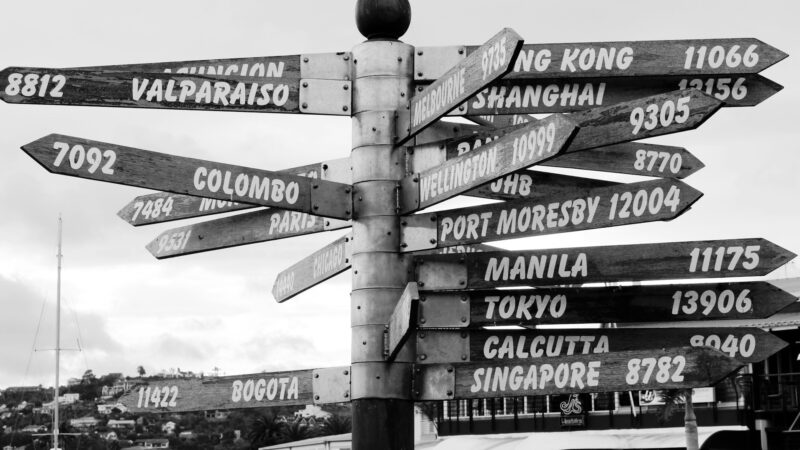A man sets himself on fire on Sunday afternoon for the Palestinian cause, and by Monday morning his would-be allies are calling him a privileged white male. At the time of writing, his act of self-immolation has already dropped off the trending tab of Twitter – quickly replaced by the Willy Wonka Experience debacle in Glasgow and Kate Middelton themed conspiracy theories.
Upsettingly, it is not uncommon for soldiers to take their own lives during and after conflict. This suicide, however, is a uniquely tragic one; Aaron Bushnell was a serving member of the US Airforce working as a software engineer radicalised by communists and libtards to not only hate his country and his military, but himself. His Reddit history shows his descent into anti-white hatred, describing Caucasians as ‘White-Brained Colonisers’.
White guilt is nothing new, we see it pouring out of our universities and mainstream media all the time. But the fact that this man was so disturbed and affected by it as to make the conscious decision to douse petrol all over himself and set his combat fatigues ablaze reminds us of the genuine and real threat that it poses to us. Today it is an act of suicide by self-immolation, when will it be an act of suicide by bombing?
I have seen some posters from the right talking about the ‘Mishima-esque’ nature of his self-immolation, but this could not be further from the truth. Mishima knew that his cause was a hopeless one. He knew that his coup would fail. He did not enter Camp Ichigaya expecting to overthrow the Japanese government. His suicide was a methodically planned quasi-artistic act of Seppuku so that he could achieve an ‘honourable death’. Aaron Bushnell, on the other hand, decided to set himself on fire because he sincerely believed it would make a difference. Going off his many posts on Reddit, it would also be fair to assume that this act was done in some way to endear himself to his liberal counterparts and ‘atone’ for his many sins (being white).
Of course, his liberal counterparts did not all see it this way. Whilst videos of his death began flooding the timeline, factions quickly emerged, with radicals trying to decide whether using phrases like ‘rest in power’ were appropriate. That slogan is of course only reserved for black victims of white violence.
Some went even further, and began to criticise people in general for feeling sorry for the chap. In their view, his death was just one less ‘white-brained coloniser’ to worry about. It appears that setting yourself on fire, screaming in agony as your skin pulls away, feeling your own fat render off, and writhing and dying in complete torture was the absolute bare minimum he could do.
There are of course those who have decided to martyr and lionise him. It is hard to discern which side is worse. At least those who ‘call him out’ are making a clear case to left leaning white boys that nothing they do will ever be enough. By contrast, people who cheer this man on and make him into some kind of hero are only helping to stoke the next bonfire and are implicitly normalising the idea of white male suicide as a form of redemption.
Pick up your phone and scroll through your friend’s Instagram stories and you will eventually find at least one person making a post about the Israel-Palestine conflict. It might be some banal infographic, or a photo carefully selected to tug at your heart strings; this kind of ‘slacktivism’ has become extremely common in the last few years.
Dig deeper through the content accounts that produce these kinds of infographics however, and you will find post after post discussing the ‘problems’ of whiteness/being male/being heterosexual etc. These accounts, often hidden from view of the right wing by the various algorithms that curate what we see, get incredible rates of interactions.
The mindset of westerners who champion these kinds of statements is completely suicidal. They are actively seeking out allies amongst people who would see them dead in a ditch if they had a chance. Half of them would cheer for you as you put a barrel of a gun to your forehead, and the other half would still hate you after your corpse was cold.
There are many on the right who believe that if we just ‘have conversations’ with the ‘sensible left wing’ we will be able to achieve a compromise that ‘works for everyone’. This is a complete folly. The centre left will always make gradual concessions to the extreme left – it is where they source their energy and (eventually) their ideas. Pandering to these people and making compromises is, in essence, making deals with people who hate you. If you fall into one of the previously discussed categories, you are the enemy of goodness and peace. You are eternally guilty, so guilty in fact that literally burning yourself alive won’t save you.



